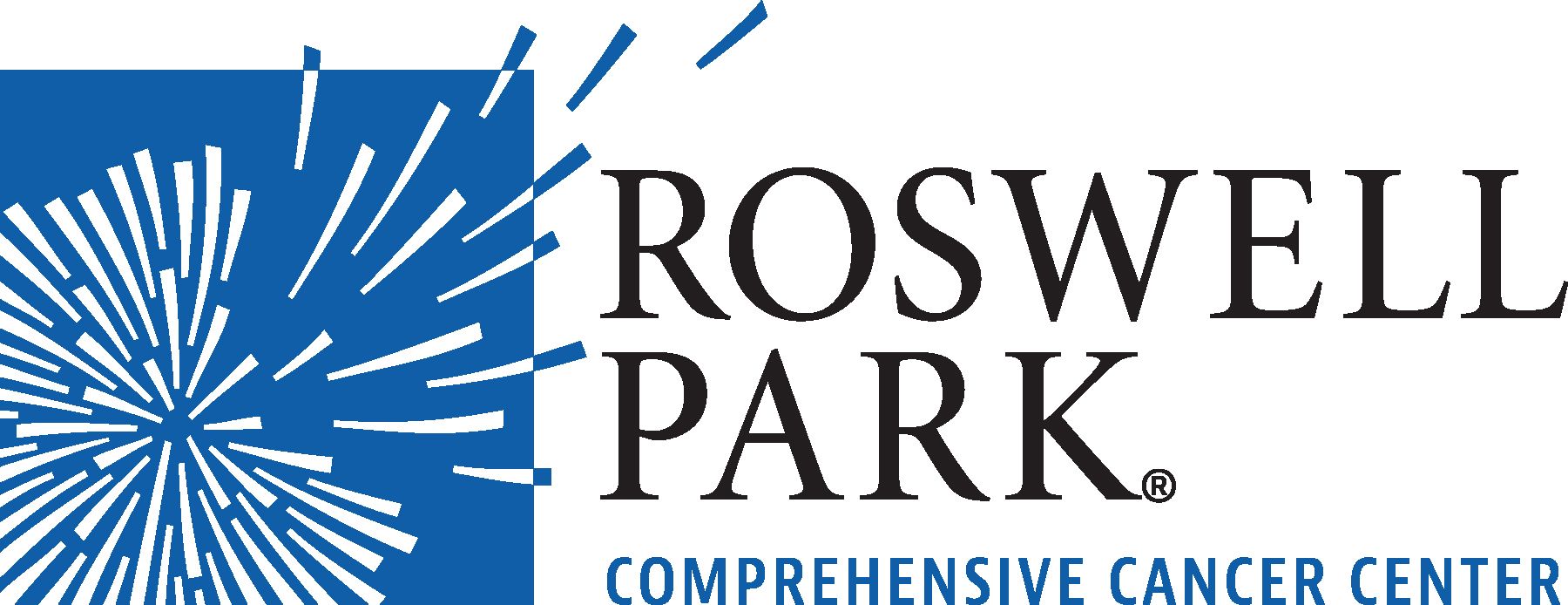
Dr Gandhi on Considerations for Continuing CDK4/6 Inhibitors After Progression in HR+ Advanced Breast Cancer

Shipra Gandhi, MD, discusses considerations for continuing with a CDK4/6 inhibitor or switching therapies in HER2- negative advanced breast cancer.
Shipra Gandhi, MD, assistant professor, oncology, Breast and Early Phase Clinical Trials, Department of Medicine, Roswell Park Comprehensive Cancer Center, discusses considerations for continuing treatment with a CDK4/6 inhibitor following disease progression in patients with hormone receptor (HR)–positive advanced breast cancer.
Clinical trials evaluating the continuation of CDK4/6 inhibition following progression in this patient population have generated inconsistent results, Gandhi begins. Findings from the phase 2 PALMIRA (NCT03809988) and PACE (NCT03147287), which each investigated continuing palbociclib (Ibrance)-based therapy after initial progression on palbociclib plus endocrine therapy, and these studies did not show an improvement in progression-free survival (PFS), she says.
Conversely, findings from
When subgroup analyses were completed for MAINTAIN and postMONARCH, findings indicated that most of the benefit was observed in patients with endocrine-sensitive disease and those who did not have visceral disease, Gandhi continues. She elaborates that endocrine-sensitive disease is defined as prior treatment with a CDK4/6 inhibitor for over 1 year.
Based on the available data, Gandhi explains that she would consider continuing with a CDK4/6 inhibitor after progression in patients with endocrine-sensitive disease and in patients who do not have visceral metastases. She also notes that she would consider this approach for patients who do not have have targetable mutations.
In patients whose disease harbors targetable mutation or those with endocrine-resistant switching therapies following progression on a CDK4/6 inhibitor–based regimen should be considered, Gandhi concludes.






































